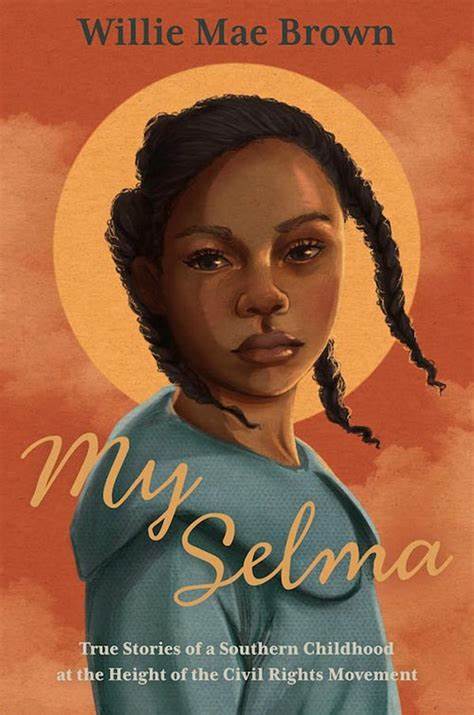I write these stories of Selma that I knew and loved. My own Selma. A Selma that brought me joy, troubled me, and baptized me into racial injustice. I write these stories through the voices of people who lived at the time when I was growing up in Selma. We lived together, schooled together, played together, churched together, and fought together for the same rights as our white brethren who denied us the freedom we were born with. The civil rights freedoms of a people separated by color, ignored by color, despised by color, abused by color, murdered by color. But the color would not fade easily in Selma. That color would not run when it rained. That color did not mix with the white because it stood out when it should have “known its place” in the South.
I write from voices in my memory, I write from being nosy, I write to record the truth about the white people who lived among us, and although in Selma we outnumbered them, they outweighed us because of their color. Let this be known: Not all whites in Selma, Alabama, were hateful. But for many of them, their color was a color of pure, clean hatred.
I write about Selma because our lives have historical precedence in shaping the future. I write so that you may hear, see, smell, and feel the injustice of ignorance but also the sweetness of everyday life, illuminated in my words. In my stories of Selma, much is written in the dialect of the people living there, words I still hear in my head. I thought this was important because it gives flavor to the truth.
Many things played out behind closed doors in Selma and inside my home as the civil rights movement came together outside in the streets. Come with me and look back at a time when men hunted men for game, when the law was always on the side of white.
Wait. Everyone has his or her memories of a place and time when and where they lived. Everyone experiences different things in their towns, their cities, and their states. No two people will have the exact same memories.
Everybody has their Selma. This is my Selma.
I knew what was going on.
My narrations open up the wounds and itch the scars that I and Selma’s people carry. My voice will not be quiet, nor will I quiet the voices of those who gave me the talk. I wrote my stories of Selma, for it is also their story–their hearts, and prayers, and voices. My voice is their voice and I will never forget my Selma!
And here is where hope for the future lies. Hope is in the telling. Hope is in our voices and in our stories that we share as a tool of freedom.
Hope is in our stories that free us and allow us to reach into the hearts of others and give them the freedom to speak as well.
Comprehension Questions
1. What is one of the reasons Willie Mae Brown has written this book?
A. She's hoping to make a lot of money.
B. Her mother suggested the idea.
C. She wants to tell the stories of Selma to help shape the future.
A. Because Barack Obama won the presidential election in 2008.
B. Because Kamala Harris became the first female vice president.
C. She hopes the stories will be a tool for freedom that will reach into people's hearts.
Your Thoughts
Vocabulary
4. List any vocabulary words below.

